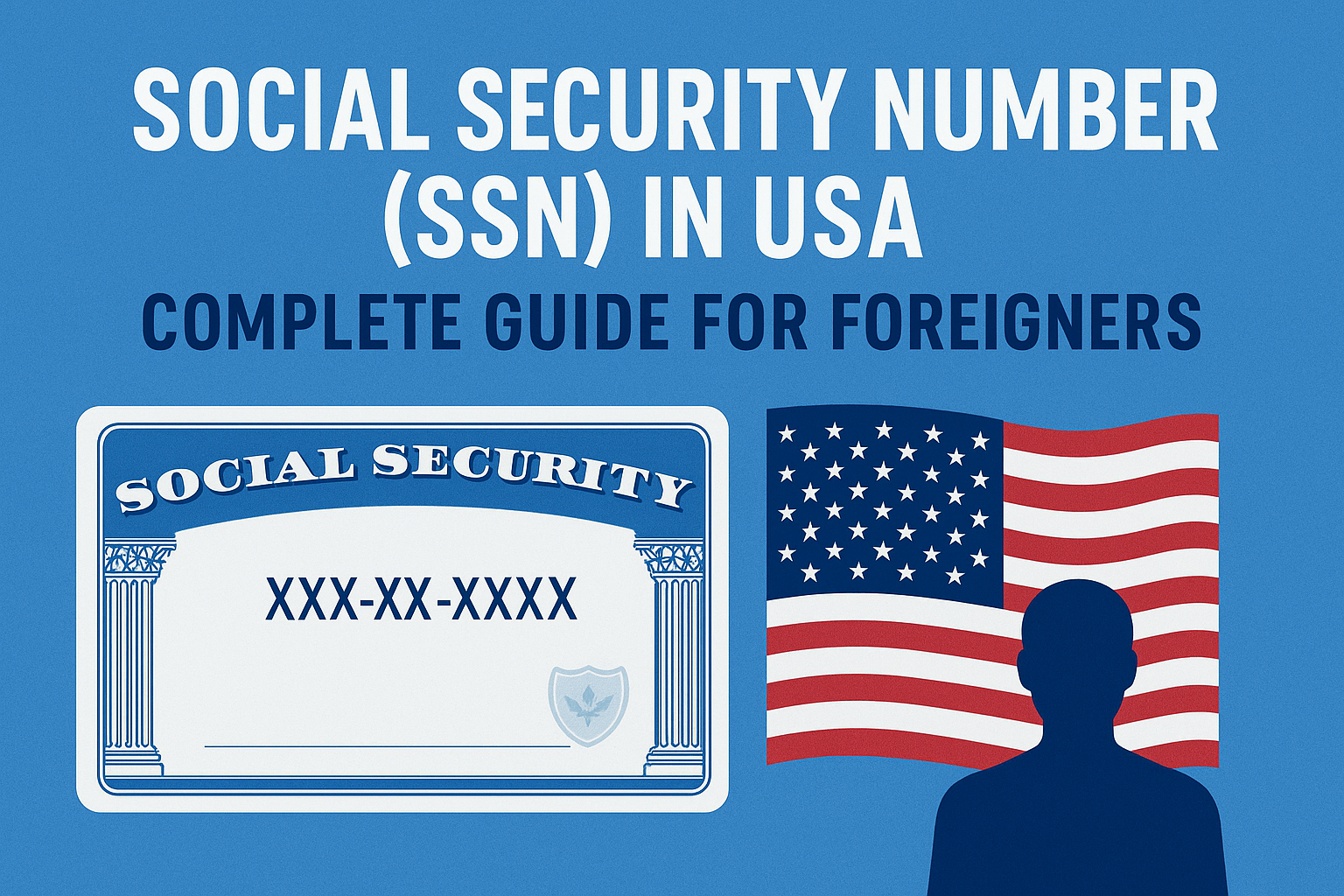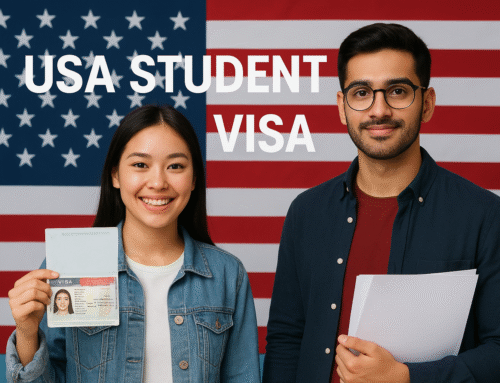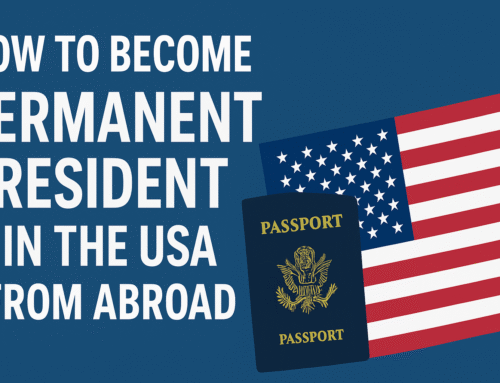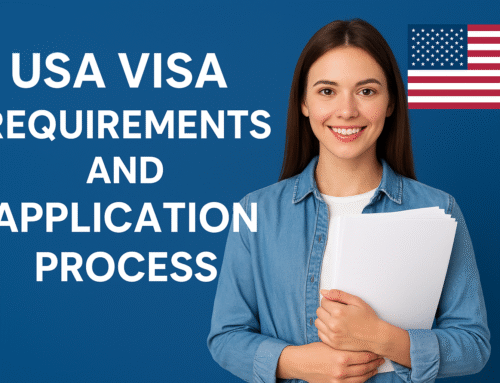Social Security Number (SSN) in the USA: A Complete Guide for Foreigners Using It for the First Time
When you first arrive in the United States as a foreign national, you may hear the term Social Security Number (SSN) everywhere—from your employer, your bank, and even when applying for housing or utilities. For someone new to the U.S., understanding the purpose of the SSN, how to apply for one, and how to use it safely can feel overwhelming. This guide is designed to explain everything a newcomer needs to know about the SSN, written in clear and simple terms.
What Is a Social Security Number (SSN)?
A Social Security Number (SSN) is a unique nine-digit number issued by the Social Security Administration (SSA) in the United States. It looks like this: XXX-XX-XXXX.
The SSN serves two main purposes:
Tracking your earnings and benefits – It allows the U.S. government to record your income for Social Security and Medicare programs.
Personal identification – It is widely used as an ID number for jobs, taxes, banking, credit, and even renting apartments.
If you are a foreign national, you generally need an SSN if you plan to work in the U.S. legally or if you qualify for certain benefits or services.
Who Needs an SSN in the U.S.?
Not every foreign visitor needs an SSN. Whether or not you need one depends on your purpose of stay:
- International students (F-1 or J-1 visa holders): You need an SSN if you are authorized to work (on-campus or through CPT/OPT). If you are not working, you may not need one, but can request an Individual Taxpayer Identification Number (ITIN) instead.
- Foreign workers (H-1B, L-1, O-1 visas, etc.): You must have an SSN to work legally in the U.S. and to pay taxes.
- Permanent residents (Green Card holders): You are automatically eligible for an SSN when you become a lawful permanent resident.
- Dependents (spouses, children): If you are not authorized to work, you usually don’t need an SSN, but an ITIN may be required for tax purposes.
Tip: If you are in the U.S. temporarily and not working, you may not need an SSN at all.
How to Apply for an SSN as a Foreigner
Applying for an SSN for the first time can feel complicated, but the process is straightforward if you follow the correct steps. Here’s how it works:
1. Confirm Your Eligibility
You must be legally allowed to work in the U.S. or meet other qualifying requirements. Your visa and immigration status will determine if you can apply.
2. Gather the Required Documents
To apply, you need to provide original documents that prove your identity, age, and immigration status. These may include:
- Passport (with valid U.S. visa)
- Form I-94 (Arrival/Departure record)
- Employment Authorization Document (EAD), if applicable
- I-20 (for students) or DS-2019 (for exchange visitors)
- Permanent Resident Card (Green Card), if you are a permanent resident
All documents must be unexpired and original. Photocopies are not accepted.
3. Complete the SSN Application (Form SS-5)
This form can be downloaded from the Social Security Administration website or filled out at a local SSA office.
4. Visit a Social Security Office
Take your completed Form SS-5 and original documents to the nearest Social Security office. Appointments may be required in some locations.
5. Wait for Your SSN Card
Once approved, your SSN card will be mailed to your U.S. address within 2–4 weeks. The card is free of charge.
First-Time Use of SSN: What to Expect
Once you receive your SSN, it is important to understand how and when to use it. Here are some of the first situations where you’ll need your SSN:
- Starting a Job – Your employer will ask for your SSN for payroll and tax reporting.
- Opening a Bank Account – Many U.S. banks require an SSN to open checking or savings accounts.
- Filing Taxes – You must provide your SSN when filing federal and state income tax returns.
- Renting Housing – Landlords may request your SSN for background and credit checks.
- Applying for Utilities or a Phone Plan – Utility companies and mobile carriers often use SSNs for identification and billing.
Important: Never carry your SSN card with you. Memorize the number and keep the card in a safe place.
Protecting Your SSN: Avoiding Identity Theft
Because the SSN is widely used for identification, it is a prime target for identity theft. If someone gets access to your SSN, they can open bank accounts, apply for credit cards, or even commit fraud in your name. Here are safety tips for first-time users:
- Do not share your SSN unless absolutely necessary.
- Do not carry your SSN card in your wallet.
- Be cautious about giving your SSN over the phone or online.
- Shred any documents containing your SSN before throwing them away.
- Check your credit report regularly to ensure no fraudulent activity occurs.
Common Mistakes Foreigners Make with Their SSN
Many newcomers to the U.S. unknowingly make mistakes with their SSNs that can cause problems later. Avoid these common errors:
- Applying too early – Some students and workers apply before their SEVIS record or work authorization is active, leading to delays.
- Losing the card – Replacing an SSN card as a foreign national can be more difficult.
- Using SSN as general ID – The SSN should not be used casually as a primary ID. Use your passport or state ID instead.
- Sharing it unnecessarily – Only provide your SSN to trusted institutions, not to every landlord or service provider who asks.
What If You Don’t Qualify for an SSN?
If you are not eligible for an SSN but still need to file taxes or be listed on tax forms, you can apply for an Individual Taxpayer Identification Number (ITIN) through the IRS. This number is only for tax purposes and cannot be used for work authorization.
Frequently Asked Questions (FAQs) About SSN for Foreigners
1. Can I apply for an SSN before arriving in the U.S.?
No. You must be physically present in the United States to apply for an SSN.
2. How long does it take to receive an SSN?
Usually between 2 to 4 weeks after applying, though processing times may vary.
3. Is the SSN card free?
Yes, there is no fee for obtaining an SSN card.
4. What happens if I lose my SSN card?
You can request a replacement from the SSA, but as a foreign national, replacement eligibility may be limited depending on your status.
5. Do children of foreign nationals need an SSN?
Children may need an SSN if they qualify for benefits or if parents are filing taxes and claiming them as dependents.
Conclusion
For any foreign person coming to the United States for the first time, understanding the Social Security Number (SSN) is essential. It is not just a government number; it is the key to working legally, paying taxes, opening bank accounts, and building your financial future in the U.S.
By applying correctly, using your SSN responsibly, and protecting it from fraud, you can make your first experience with the SSN smooth and stress-free. Whether you are an international student, a skilled worker, or a new permanent resident, your SSN will be one of the most important numbers you carry throughout your life in America.
Read Also:






Leave A Comment